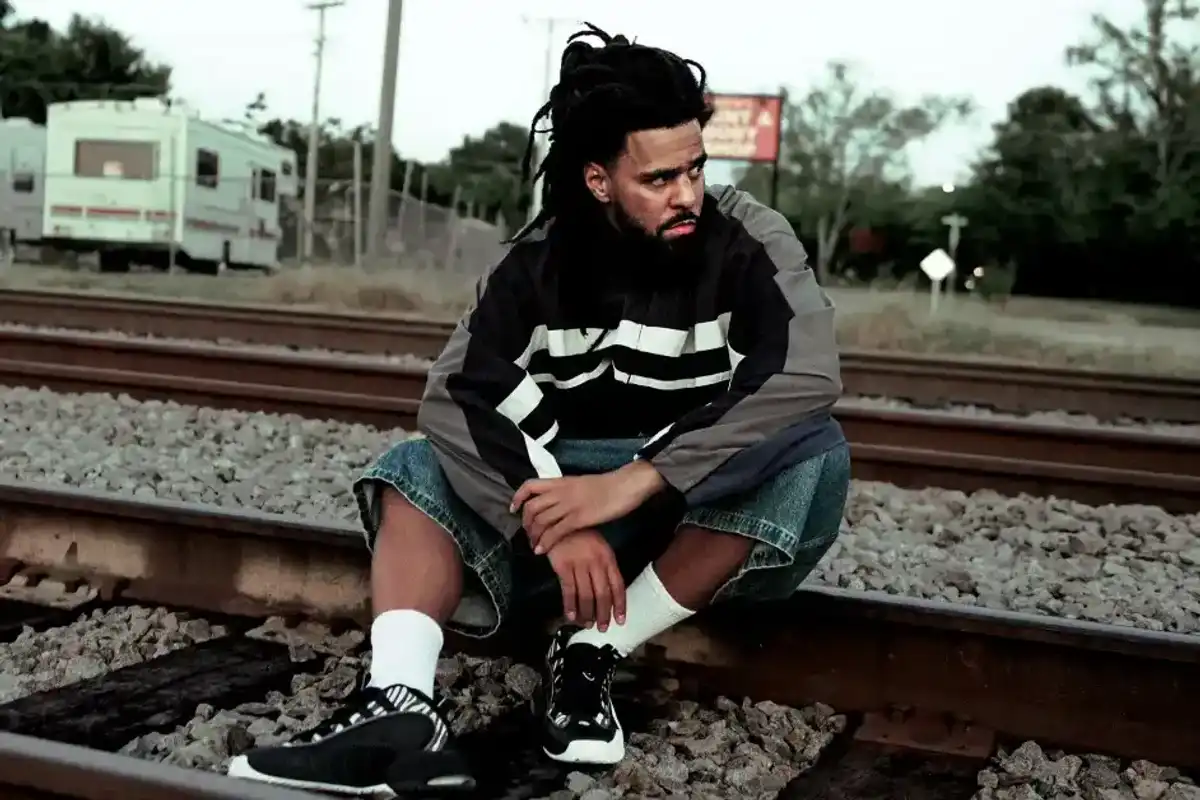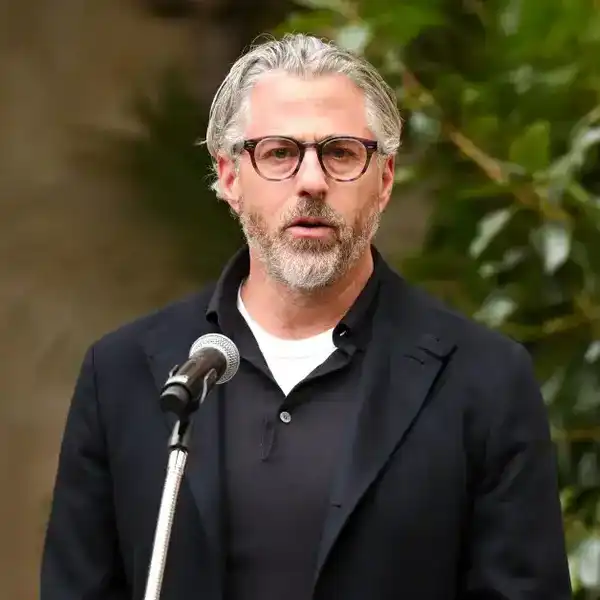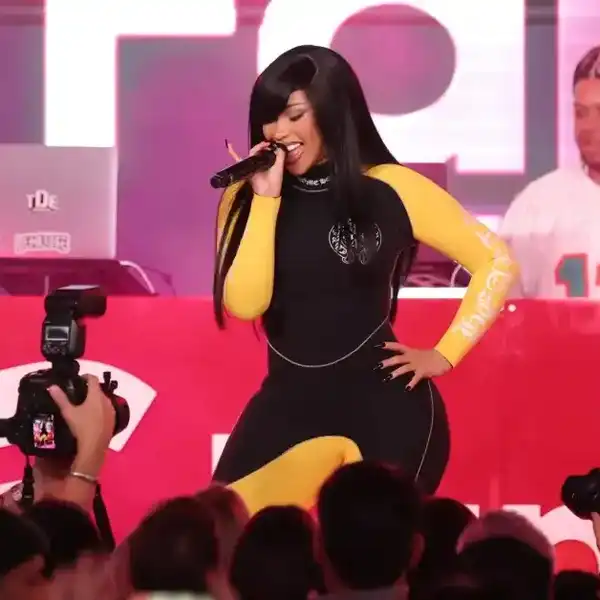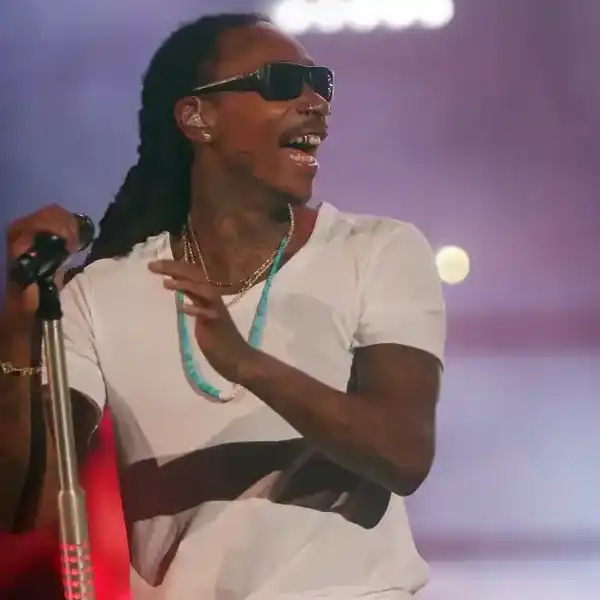Five Questions With… Mode Moderne's Sean Gilhooly
Over the past decade, the Vancouver trio has been balancing black nail-polish gloom and indie-pop accessibility on its much-praised releases. The group's drummer describes the new album's uplifting vibe, MM's creative evolution, and an inspired time in Hamburg.

By Jason Schneider
Vancouver’s Mode Moderne has been balancing black nail-polish gloom and indie-pop accessibility since it put out its debut LP, Ghosts Emerging, in 2009. That was followed by the group’s first release for Light Organ Records, the “Real Goths / Undiscovered Country” single, in 2011, and the seven song mini-album Strange Bruises in 2012, earning praise from the likes of Pitchfork and NME.
Since then, the band, consisting of Phillip Intilé, Clint Lofkrantz and Sean Gilhooly, has worked hard building a following, with tours in the US, UK, and Mexico. Mode Moderne recently released a new album, Mode IV, produced by their trusted collaborator Felix Fung in Vancouver. The new LP boasts some of singer Intilé’s most bitingly sardonic lyrics to date, as evidenced by the band’s current single “Oui Madame.”
Drummer Gilhooly took a few minutes to speak with us as Mode Moderne prepares for 2019. For more info go here or follow them on Twitter @modemoderne.
What makes Mode IV stand apart from your previous work?
I think overall there's a more uplifting vibe to most of the tracks. I think it’s the most “pop” record we've made so far.
What songs on the record are you most proud of and why?
Personally, I would have to say “Dazzling Dreams” because the drumming had the trickiest beat, “Oui Madame” because the arrangement was the biggest creative departure from the demo, and “Hounds of Love” because it slowed things down a touch to let Phil explore a different side and show his sensitivity.
How would you describe your artistic evolution so far?
I think the main writers, Clint and Phil, have come along way in being able to create a great pop song in a number of styles. We’ve all become producers in our own little way. For example, Clint has a quick mind for how a number of parts get developed and end up being on the record, including my drum parts. Phil not only keeps getting better as a lead vocalist and lyricist, but he also has quite the melodic ear. For myself, I've usually concentrated on arrangements and trying to get the best performance out of people.
What song in your catalogue means the most to you and why?
That’s a tough one, but for me, it’s “Grudges Crossed” because I can still imagine and smell the creative atmosphere when we first started demoing the track in Hamburg while on tour in the fall of 2012. By the time we started recording it a couple of months later, I felt we largely kept that vibe in the final result.
If you could fix anything about the music industry, what would it be?
Too many things, but one would be to find a way for bands to be viable in ways other than just touring or selling merchandise.

















